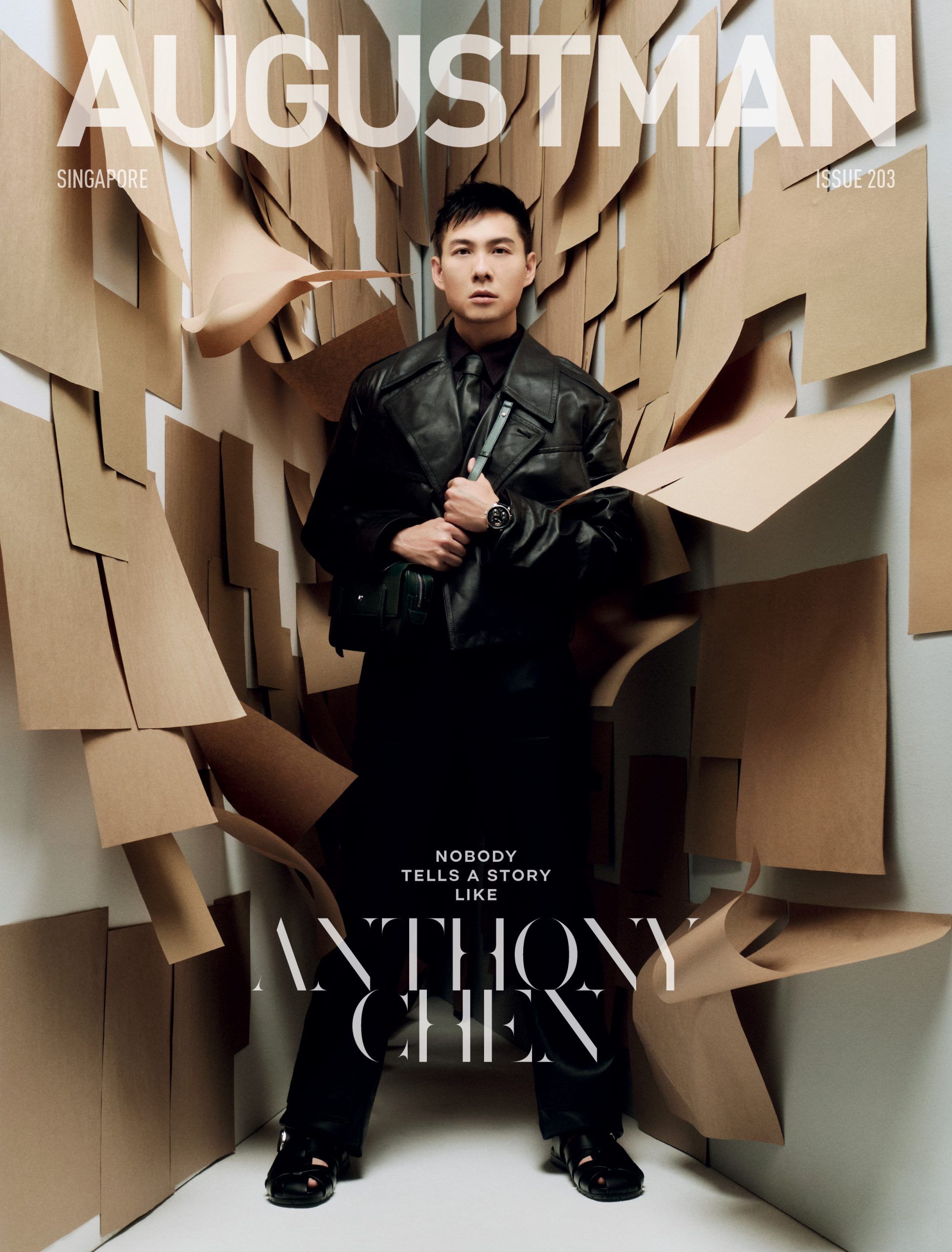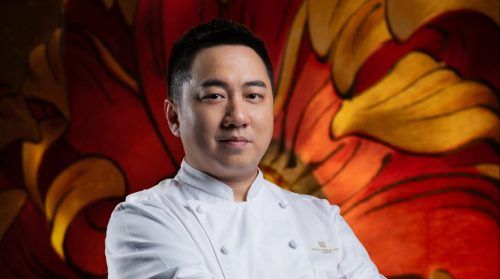Let’s open with the bad news. The coffee industry will especially feel the brunt of climate change, more than most crops. A 2021 study by Potsdam Institute for Climate Impact Research in Germany forecasted that nearly 50% of coffee farmland around the world will no longer be suitable for use.

Jake Berber and Tan Ding Jie (commonly referred to as DJ), however, realised that some of the world’s most dire problems requires creative solutions — and a good dose of scientific know-how. Together, they are the co-founders of Prefer, a sustainable bioflavours startup that repurposes food by-products via its proprietary fermentation technology, upcycling surplus bread, soy pulp and spent grain into delicious cups of coffee.
What they’re doing is one of the most exciting developments to come out from Singapore’s research industry, as well as the food and beverage industry, and sets a high benchmark for sustainable enterprises.
And it hasn’t gone unnoticed.
In February this year, they managed to raise US$2 million in seed funding, after having spent over a year on developing their bean-free coffee, with the support of A*STAR and Enterprise Singapore. If Prefer succeeds, we might just be on the cusp of a revolution in sustainable coffee supply. With the clear promise of their products and processes, we spoke to Jake and DJ to explore the true potential of bean-free coffee.
AM: Let’s start at the beginning — what was your inspiration for this?
Jake Berber: DJ and I met at a startup accelerator called Entrepreneur First — think of it as a cross between Love Island and entrepreneurship! From that first conversation, we immediately got the vibe that we share the same core values, which is very important when you intend to find the right co-founder to build a company from scratch.
We both shared the belief that fermentation is the key technology to creating sustainable and affordable foods, and R&D was right up DJ’s alley. We chose to start with coffee because it is both threatened by and contributes to climate change. With the state of how things are now, 50% of arable land that grow coffee today may not survive in the coming decades and demand for coffee is expected= to rise by three times; essentially, this means coffee is about to get very expensive.
Also, coffee is a high carbon emission commodity — it requires more CO2 than the equivalent weights of chicken, pork, fish, and milk, to grow and produce. Prefer takes coffee farming out of the equation to stop this vicious negative cycle and create an alternative that will always be delicious, accessible, and sustainable.
Tell us about your personal journey with coffee and the pursuit of sustainability.
DJ: I started learning how to make my own coffee during my first year in university. I took a barista course over my summer holiday break. Even after graduation, I brought the habit to my research laboratory, which later inspired me to investigate the chemistry behind its flavours, how I could replicate them and, eventually, to fermentation.
Jake: I was working in a neuroscience role at a biotech startup and started researching climate change. I formed the opinion that climate change is the biggest problem in our lives. From there, I left my job and began investing in food technology start-ups at a venture capital fund. That’s where I got to learn further about different technologies innovators are using to achieve a sustainable future for food and beverage. I had no solution to the problems I was seeing in F&B until I met DJ, who just so happened to be an expert in that field; more importantly, he was just as passionate about starting something that could tackle the problems we were both seeing in F&B.
How exactly does bean-free coffee work?

DJ: We make bean-free coffee by fermenting coffee flavours from bread, soy, and barley, which have similar flavour molecules. Specific microbes are then used to break down the components to replicate key aroma volatiles that are found in coffee. After fermenting for up to 48 hours, we roast and grind it to produce ground coffee that works in barista workflows, such as with the espresso machine. The whole point of it is to have a product that will fit seamlessly into current business operations — they are just getting a more affordable and sustainable supply of coffee. Besides supplying grounds, we also bottle our cold brew that we distribute via retail partners and for events.
What are some of the overall social and environmental benefits?
Jake: While we still need to do a full lifecycle analysis, it is estimated that our coffee produces around 10 times less CO2- equivalent emissions than traditional coffee beans. This is because we use a fraction of the land and water compared with coffee farms, and our main ingredients are all byproducts of food production.
DJ: For businesses, we provide a more stable supply and price, allowing our customers to plan and maintain margins, all while creating customisable caffeine levels for their needs. Our coffee in its base form is not caffeinated and we’ll add caffeine derived from tea if our customers ask for it. For end consumers, we’re aware that there will always be drinkers and purists who would expect an exact replica. Our intention has always been about creating a delicious option that drinkers can explore, especially if they share the same values of sustainability.

Can your business model for coffee be replicated for other foodstuffs or consumer goods?
Jake: Yes, while we are focused on scaling up the production of our coffee, we plan to create other food and beverages being threatened by climate change, such as cocoa, vanilla, citrus, hazelnut, etc. Unfortunately, the list of food and beverages being threatened by climate change goes on and on, but this means we’ll have the opportunity to explore more alternatives. The end goal of Prefer is to have a portfolio of affordable and sustainable flavours, food, and beverages being threatened by climate change; in short, future-proof food and beverage.








